
We love showcasing the work of artists here on GTHQ, especially those who create work with a feminist message. We’ve said it many time before, that art, entertainment and humor are uniquely positioned to spread powerful messages in a way that other industries like politics or business cannot.
Art has a way of being a non-threatening vehicle, while at the same time confronting and through-provoking. Whether it be violence against women, abortion, sexist gender stereotypes or microaggressions, there are some incredible creative geniuses using their platform to engage society in important topics.
One of our favorite websites Bustle recently featured the work of London-based artist Daisy Mojave Holland, whose ‘Humor and Female Empowerment‘ illustration series brings home the message to young women that they should not be ashamed of who they are, and not feel as if they need to conform to society to feel accepted.
Each image has a particular message that relates to a specific situation and many of us as women can relate to these. The first is an illustration of a girl taking a selfie with the words “Shameless selfies. Shaming others” written underneath.
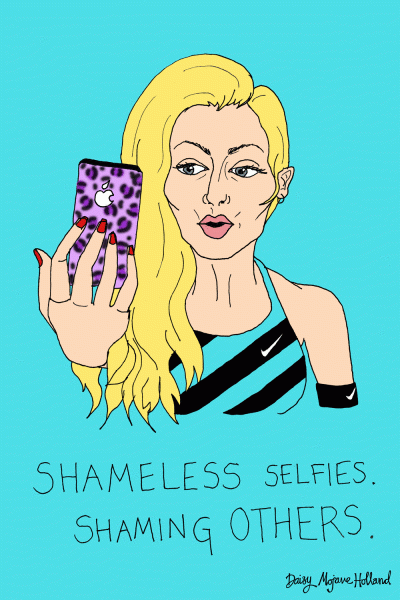
Some of you may remember the viral story of the group of female college students who were at a baseball event in Arizona last October. They were captured on camera all taking selfies, while the announcers had no problem shaming them, and accusing their parents of doing a bad job of raising them.
After the story hit big with the interwebs, the girls decided to turn the attention into a cause for good. The TV announcers apologized for their comments and offered to give the sorority sisters free tickets to a future game. However, the girls, being totally awesome, told Fox Sports to donate the tickets to a non-profit organization that helps victims of domestic violence, in honor of October being domestic violence awareness month.
Needless to say, shaming on any account is never a good idea! That news story in particular exposed just how internalized sexism and, in some cases, slut-shaming can be that it takes a conscious effort to speak against the every aggression directed at women.
This was something Daisy wanted to capture in her series.
“As a young woman, I am strongly aware of the expectations and social pressures put onto women, and it made me want to empower all women who have felt insecure in a humorous way and without casting blame,” she told Bustle.

Another aspect of her series was to help women and girls see past the societal pressure that tells us our worth comes from our appearance. We see it every day in movies, TV shows, billboards, magazines, advertising and online. We are constantly taught to look and act a certain way and aspire to a handful of things (marriage, motherhood, sex object) that will make us feel fulfilled.
“Women aren’t there purely to look beautiful, and they have just as much right to go out and have fun, forgetting about social media’s stress on female appearance,” explained Daisy.
The idea that a woman with tattoos or a woman who chooses not to wear a bra aren’t fitting into some form of feminine “ideal” are challenged by Daisy’s portrayal of diverse, complex and interesting women. Let’s face it, when we look around at women in the real world, we see so many interpretations of what it means to be female, that to tell a woman she needs to be a certain way to feel “beautiful” or accepted is just wrong.

Daisy hopes her message will encourage people to look deeper at feminism and not be so threatened by the idea of it.
“Often, people see it as a radical subject which excludes others, and so, in this series, I am attempting to approach it in a playful manner that all women can relate to and everyone can appreciate,” she said.
That is definitely something we need to see more of, standing against all the negative, false information that claims feminism is about trampling on men to reach our goal, and excluding certain groups. Sure, there are areas where modern feminism needs to be challenged and expanded, especially in the area of racial intersectionality, but the more we have feminists speaking up about their personal experiences and how women can benefit, we can slowly chip away at the pervasive patriarchal idea that a woman empowered is a dangerous thing.
Thankfully we have the opportunity to use our platform to share positive and empowerment messages for women, and share work like Daisy Mojave Holland’s series. You can see more of her art, including the complete ‘Humor and Female Empowerment’ series, on her website.












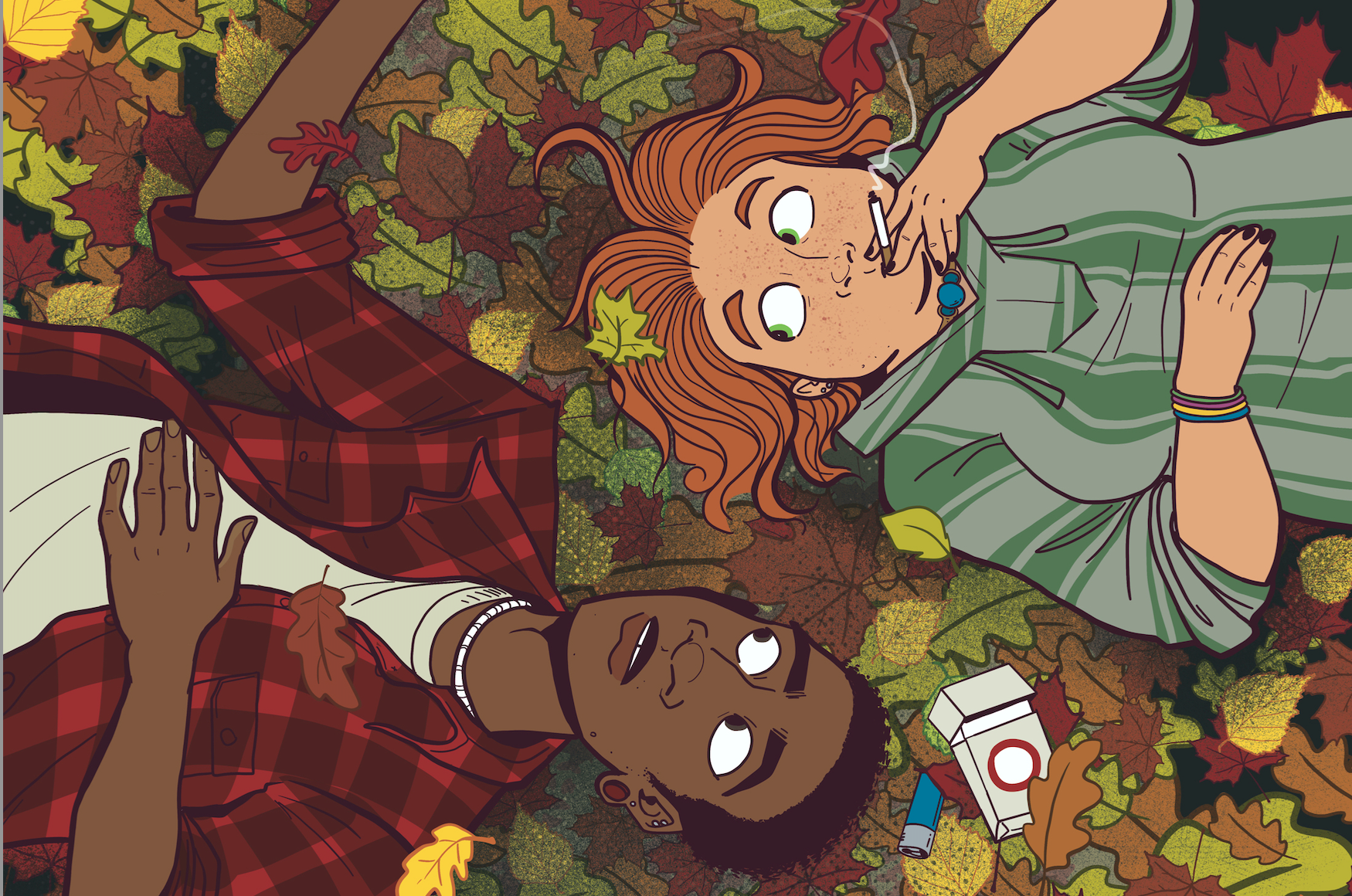

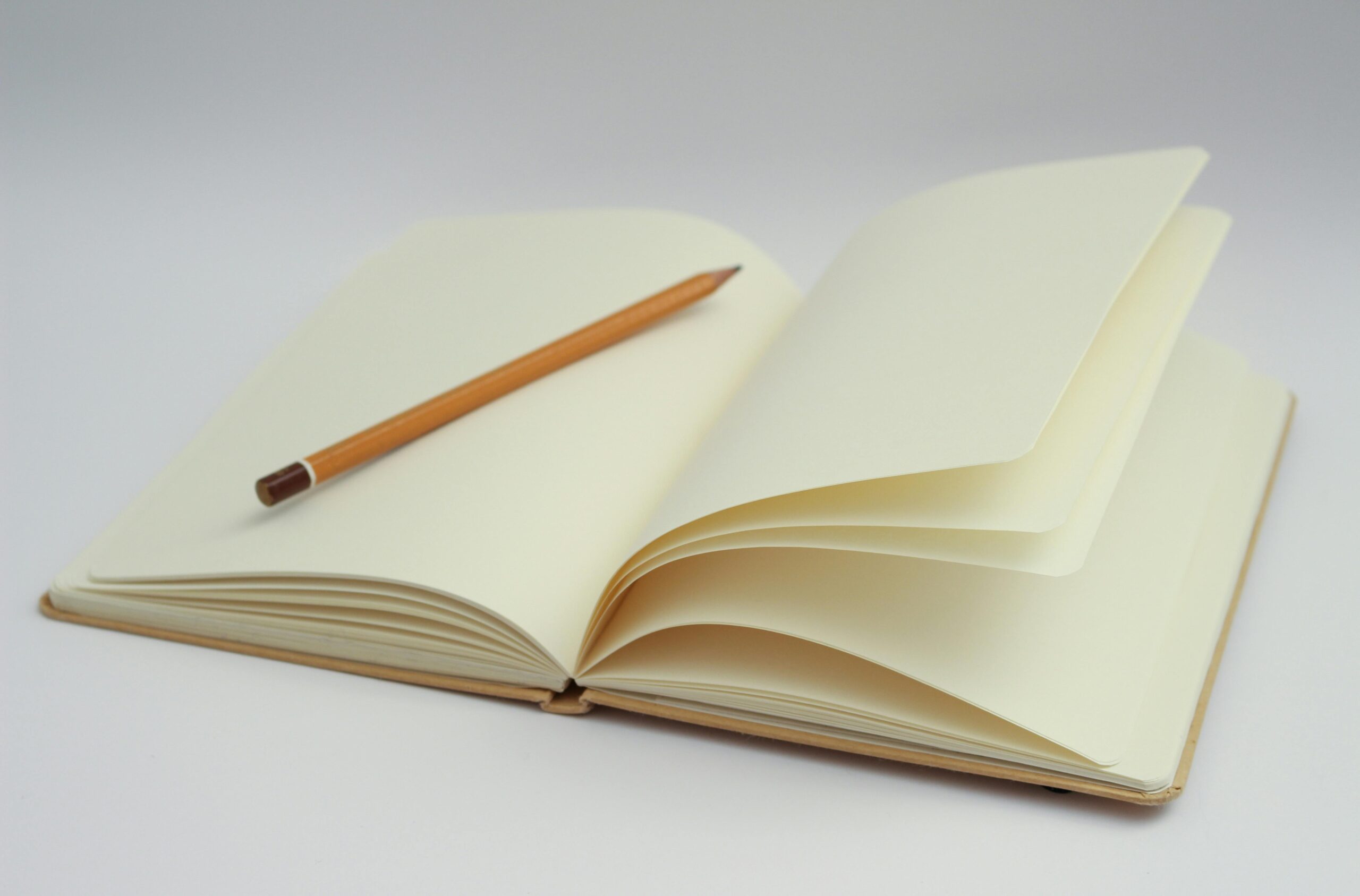
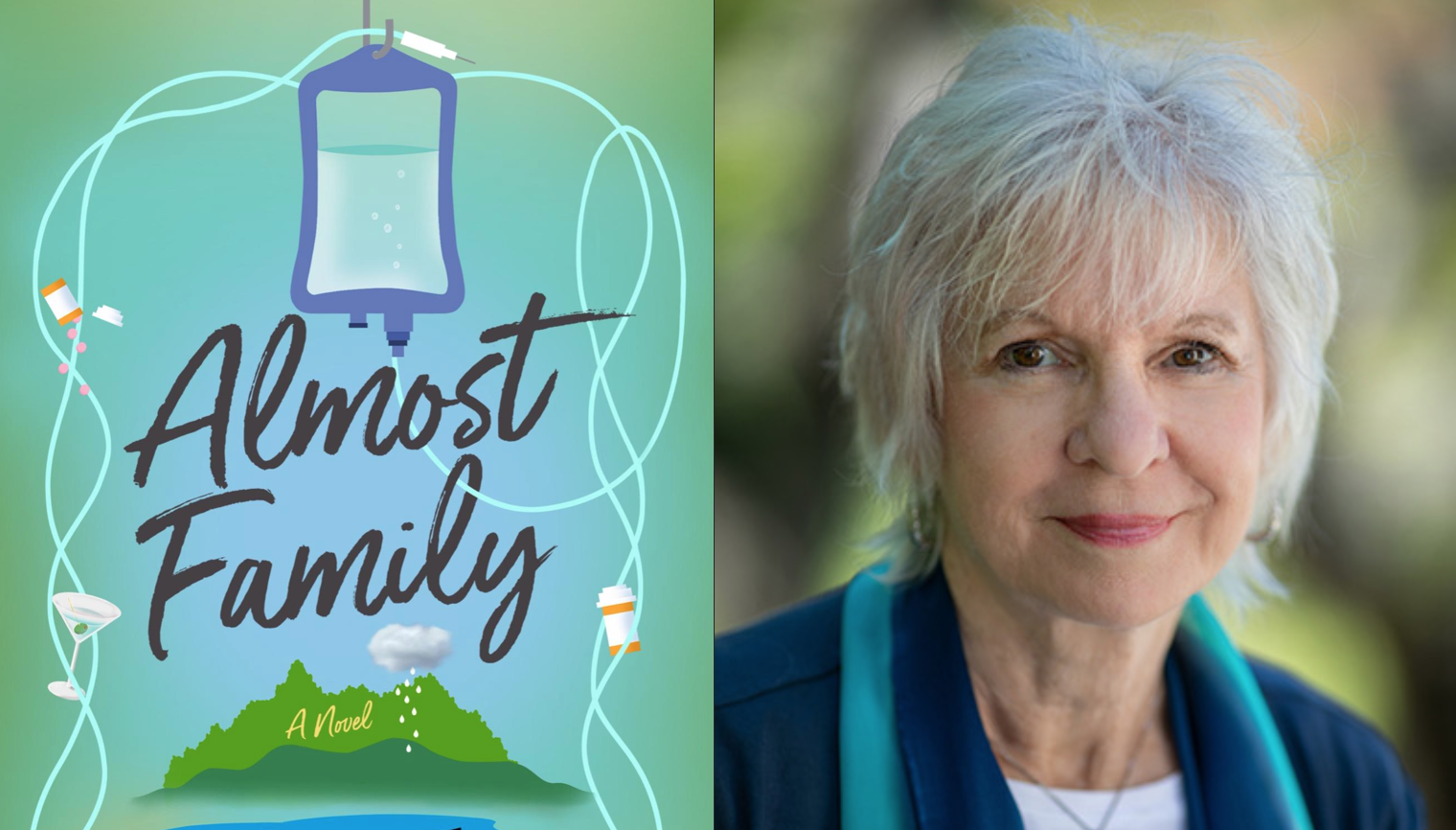
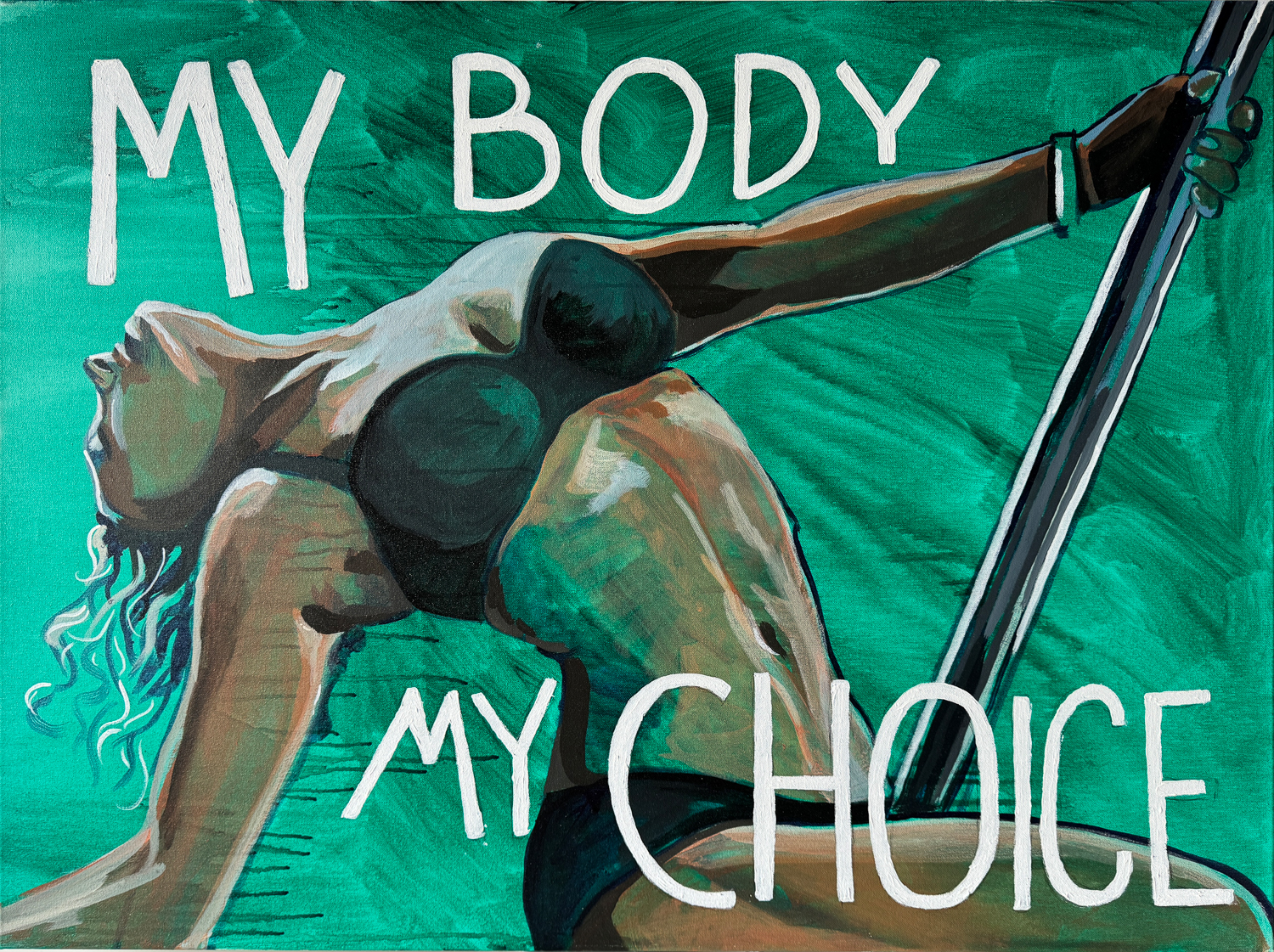
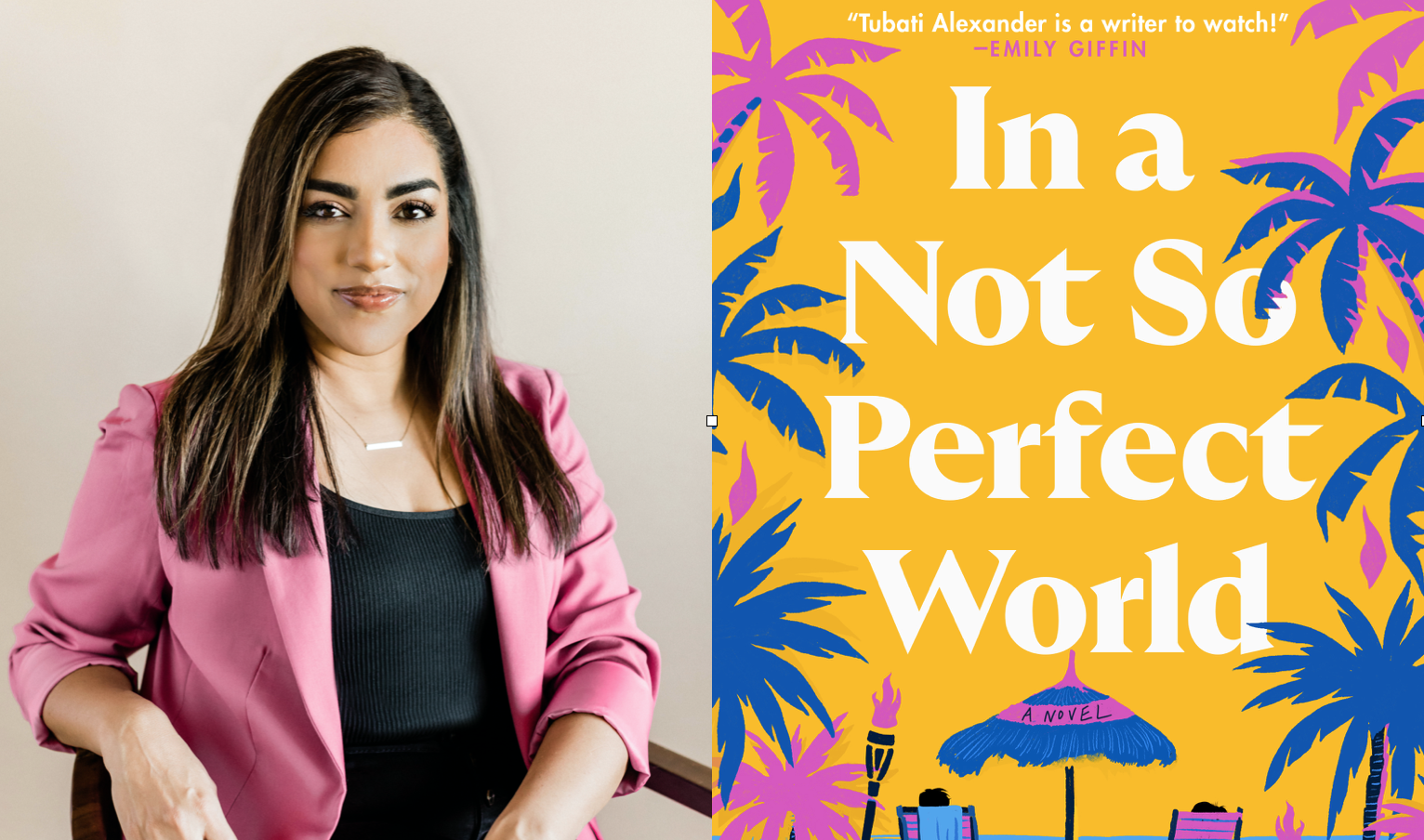
One thought on “Artist Daisy Mojave Holland’s ‘Humor & Female Empowerment’ Series Has An Important Message For Women”